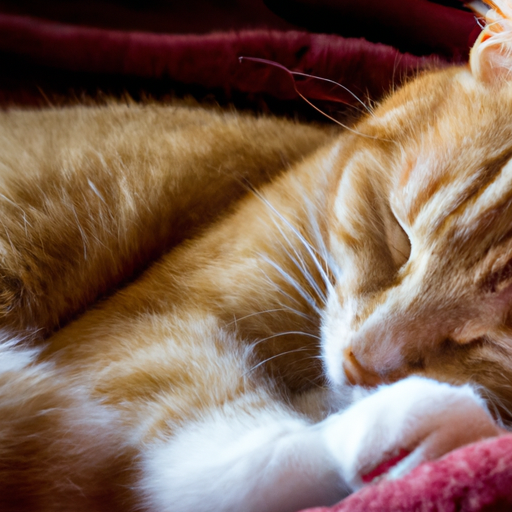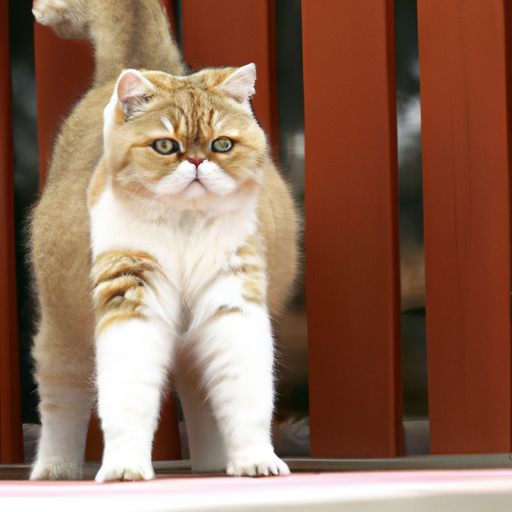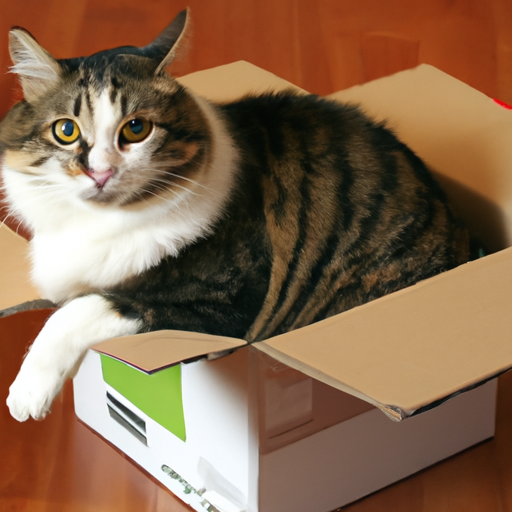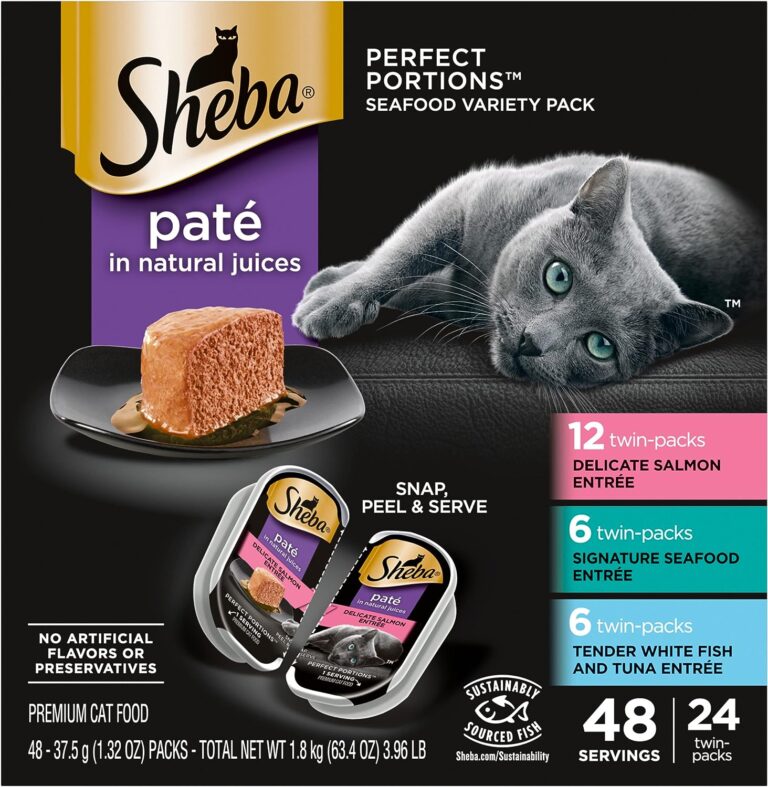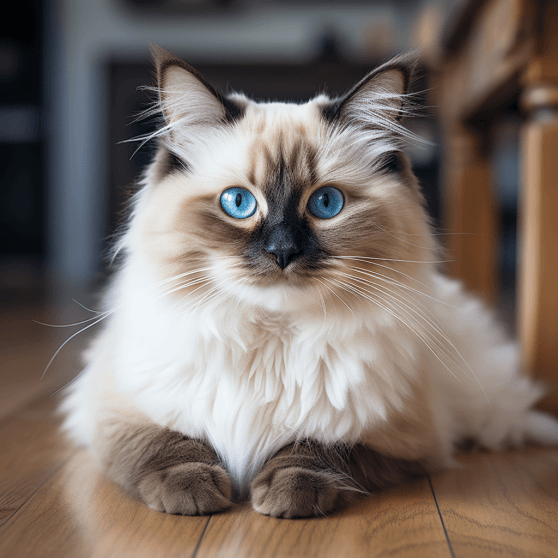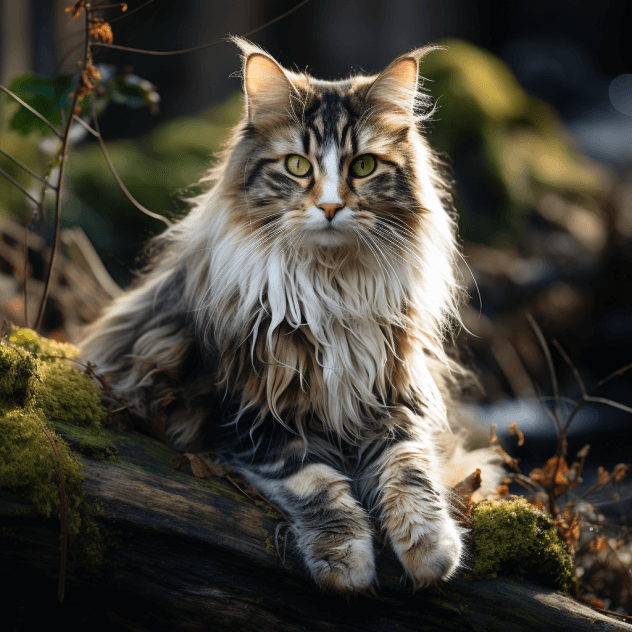Why Do Cats Sleep So Much?
Interested in exploring the reasons behind your cat’s endless napping? Well, you’re on the right page! In this article, we’ll take a friendly walk through the fascinating world of feline sleep patterns. Get ready to learn why your furry friend spends such a significant chunk of its day in dreamland.
Understanding the Sleep Cycle of a Feline
Cats’ sleeping habits are unique and interesting to observe. They sleep a lot, especially during daylight hours. But why do cats sleep so much? And how can you, as a cat owner, understand their sleep cycles better? Let us start from the basics.
Distinguishing between light sleep and deep sleep
Similar to humans, cats also have two phases of sleep. The first one, light sleep, is when they are easy to wake up. This phase often comprises 75% of a cat’s sleep cycle. In this state, cats are still sensitive to their environment, quickly primed for action if needed. The second phase is deep sleep which is when your cat is in a deep state of rest. It is during this phase that cats might even dream like us humans.
The Role of Predatory Instincts in Sleep Patterns
Cats are natural-born hunters with their predatory instincts guiding many aspects of their behavior, including their sleep. Domestic cats still possess the same instincts as their wild ancestors. As crepuscular animals, cats are most active during dawn and dusk, times when their prey is most likely to be active. It’s why you’ll often see your cat snooze throughout the day, fitting in their downtime when most predators are active.
Influence of Age on Sleep Duration
The age of your cat can greatly affect the duration and quality of their sleep.
Sleep Patterns of Kittens
Kittens, much like human babies, require a lot of sleep. They can snooze for up to 20 hours a day! This is because growth hormones are released during their sleep, supporting their rapid growth and development.
Sleep Habits of Adult Cats
Adult cats, on average, sleep between 13 to 14 hours a day. This is a result of their hunting instincts. Even if they are well-fed, the instinct to hunt during dusk and dawn remains.
Shifts in Sleeping Behavior in Elderly Cats
Just like humans, as cats age their sleep cycle may alter. Older cats often sleep more and may suffer from insomnia or other sleep disorders. If you notice drastic changes in your cat’s sleep habits, it’s always a good idea to consult a vet.
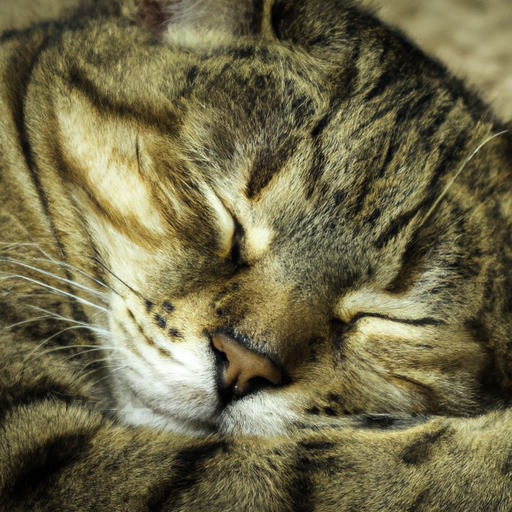
How Breed Influences Sleep
Breeds Notorious For Their Sleep Habits
Different cat breeds have varying sleep habits much like humans. Breeds such as Persians and Ragdolls love their snooze time. On the other hand, hyperactive breeds like Siamese or Bengals might spend less time sleeping and more time playing or getting up to mischief.
Effect of Physical Traits on Sleep Duration
It’s also worth mentioning that physical traits like sizes and weights can also influence a cat’s sleep duration. Larger breeds often require more sleep than their smaller counterparts.
Health Conditions that Alter a Cat’s Sleep
Effects Of Obesity On Sleep Patterns
Much like in humans, obesity in cats can lead to sleep disturbances or even sleep apnea. Therefore, maintaining a healthy weight for your cat is essential for their overall well-being.
Influence Of Illnesses Such As Hyperthyroidism On Sleep
Certain diseases such as hyperthyroidism can also influence your cat’s sleep. Overactive thyroid gland could cause your pet to sleep less, while other conditions like arthritis might cause them to rest more. Always consult with a vet if you observe drastic changes in your cat’s sleep pattern.
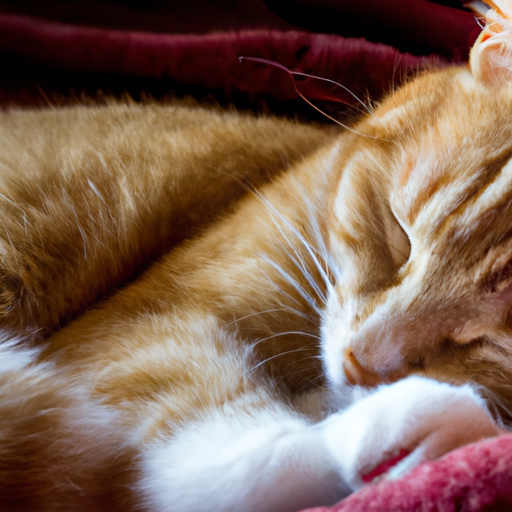
Effects of Dietary Habits on Cat’s Sleep
Impact of Feeding Times on Sleep Cycle
Just like humans, the timing at which your cat eats can also affect their sleep cycles. It’s advised, where possible, to align feeding times with their natural prey drive, so early morning or late evening.
Role of Diet Quality in Sleep Duration
Good quality diet and sufficient hydration are not only essential for your cat’s overall health but also their sleep. Poor diets can lead to restlessness and disrupted sleep, while good diets can promote a smooth sleep cycle.
Environment and its Impact on Cat’s Sleep
How Environmental Familiarity Influences Sleep
Cats love familiarity. Stable, predictable environments can make them feel safe and comfortable, promoting restful sleep.
Effects of Indoor vs Outdoor Settings on Sleep Patterns
Whether your cat is an indoor or outdoor one can also affect its sleep patterns. Outdoor cats may have more disrupted sleep due to threat from predators, noise and weather changes. Indoor cats often sleep more due to a more stable, quieter environment.
The Role of the Cat’s Daily Routine
The composition of a Cat’s Typical Day
Understanding how a cat spends their day helps to understand their sleep patterns. Cats have a typical routine of hunt-eat-groom-sleep.
Impact of Play and Hunting Instincts on Sleep
Encouraging play, particularly at dusk and dawn when their hunt instincts are highest, it replicates the thrill of the hunt. This play can tire them out and encourage a sounder sleep.
Assessing Normal vs Abnormal Cat Sleep Behavior
While it’s normal for cats to sleep a lot, keep an eye out for any drastic changes in their sleep pattern. Increased sleepiness or restlessness could signal medical issues.
Identifying Signs Of Disrupted Sleep
Restless sleep, frequent waking, or changes in the amount of time your cat spends sleeping could signal potential health issues.
When to Seek Professional Guidance on Your Cat’s Sleep
If your cat’s sleep-related behaviors worry you, do not hesitate to visit a vet. They can provide you with guidance and, if necessary, treatments to help address any underlying issues.
Ways to Promote Healthy Sleep in Cats
Creating conducive sleeping environments
To promote good sleep for your cat, make sure they have access to quiet, comfortable and warm places to rest.
Adjusting Routines to Support Better Sleep
You can match your at-home routines with your cat’s natural sleep-wake cycle to minimize disruptions.
Conclusion
Understanding why cats sleep so much can help you provide the best care for your feline friend. Whilst long sleeping hours are normal for cats, any sudden changes should signal a call-to-action. Consult with a vet if there are any drastic alterations in your cat’s sleep.
Caring for your cat’s sleep pattern is fundamental for their happiness and overall health. Therefore, ensuring that the environment, diet, and daily routines promote sound sleep is key in maintaining a happy and healthy feline friend.

